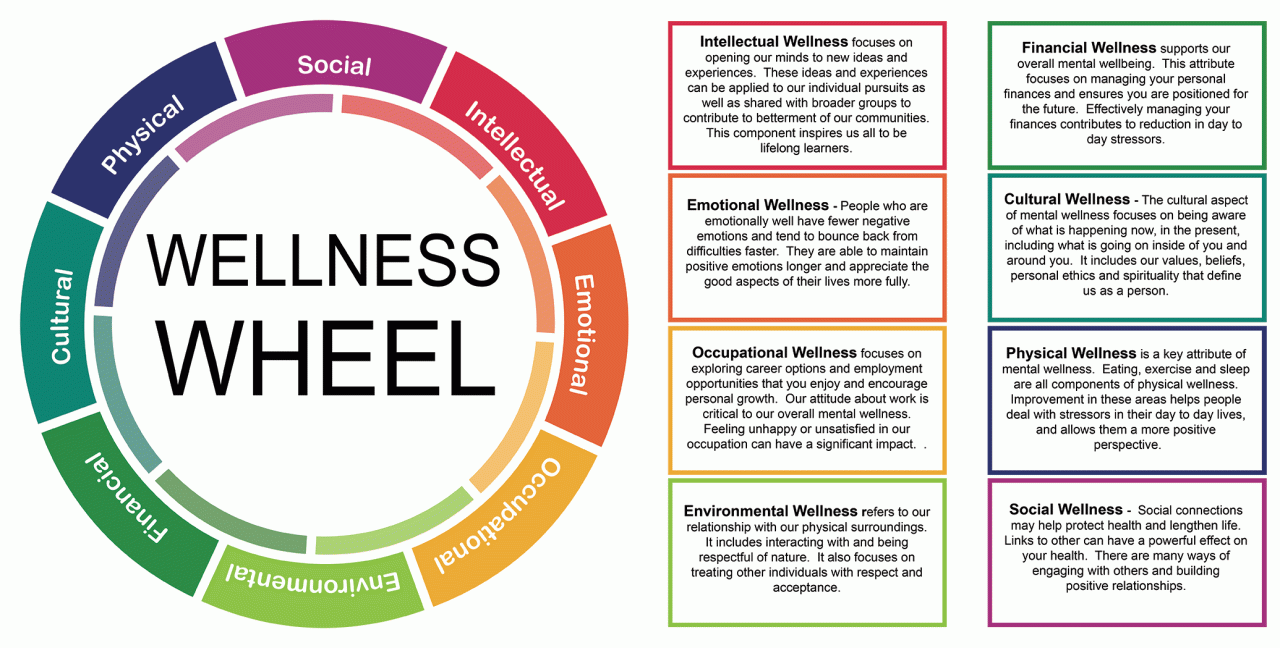Physical exercise not only benefits our physical health but also plays a crucial role in nurturing our mental well-being. Engaging in regular physical activity has been proven to have numerous positive effects on our mental health. Here are some reasons why incorporating exercise into our routine is essential for cultivating mental wellness.

- Mood Enhancement: Exercise is known to boost mood and increase feelings of happiness. When we engage in physical activity, our brain releases endorphins, which are natural mood-boosting chemicals. Regular exercise can help reduce symptoms of anxiety and depression and promote a more positive outlook on life.
- Stress Reduction: Exercise is an effective way to alleviate stress. Physical activity helps to reduce the levels of stress hormones, such as cortisol, and increases the production of endorphins, which act as natural stress relievers. Regular exercise can help us manage stress and improve our ability to cope with daily challenges.
- Increased Energy and Vitality: Engaging in physical exercise improves our energy levels and overall vitality. Regular workouts enhance blood flow, deliver oxygen and nutrients to our cells, and improve cardiovascular health. This increased energy can have a positive impact on our mental well-being, making us feel more alert, focused, and motivated.
- Enhanced Cognitive Function: Exercise has been linked to improved cognitive function and memory. Physical activity stimulates the release of growth factors in the brain, promoting the growth and development of new neurons. This can result in enhanced cognitive abilities, better concentration, and improved mental clarity.
- Boosted Self-Esteem: Regular physical exercise has a positive impact on self-esteem and self-confidence. As we achieve fitness goals and witness improvements in our physical abilities, we develop a sense of accomplishment and pride. This boost in self-esteem spills over into other aspects of our lives, contributing to improved mental well-being.
- Better Sleep Quality: Exercise has been shown to improve sleep quality and duration. Physical activity helps regulate our sleep-wake cycle, promotes relaxation, and reduces symptoms of insomnia. Getting enough restful sleep is vital for maintaining optimal mental health and well-being.
- Social Interaction: Participating in group exercise activities or sports provides opportunities for social interaction and connection. Building relationships and connecting with others who share similar interests can have a positive impact on our mental wellness by reducing feelings of loneliness and fostering a sense of belonging.
- Mind-Body Connection: Engaging in physical exercise brings attention to our body and the present moment, promoting mindfulness and a stronger mind-body connection. This awareness can help reduce rumination, enhance self-awareness, and foster a greater sense of overall well-being.
In conclusion, regular physical exercise is a powerful tool for nurturing our mental well-being. By enhancing mood, reducing stress, increasing energy levels, improving cognitive function, boosting self-esteem, improving sleep quality, facilitating social connections, and promoting mindfulness, exercise contributes significantly to our mental wellness. Let us prioritize incorporating physical activity into our daily lives as an essential aspect of caring for our mental health and overall happiness.

